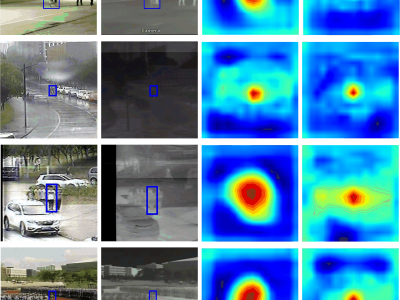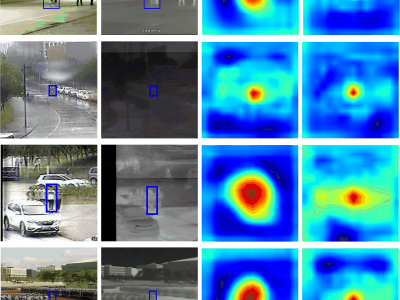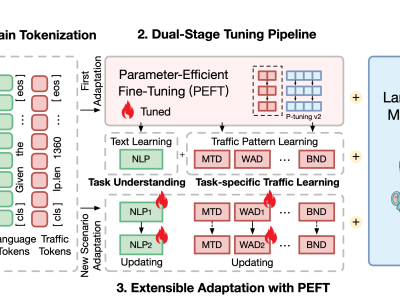This dataset consists of meteorological and environmental data collected in Riyadh, Saudi Arabia, over multiple years. The variables include solar radiation, temperature (both maximum and minimum in Celsius and Fahrenheit), precipitation, vapor pressure, and snow water equivalent, among others. The data spans from 2010 to the present, providing insights into solar radiation patterns, daily temperature fluctuations, and weather-related factors that can impact solar power generation. Specifically, the dataset contains the following columns:






